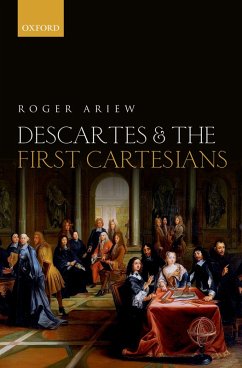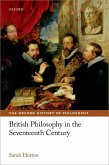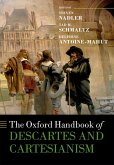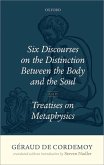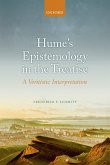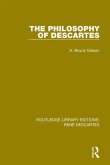Descartes and the First Cartesians adopts the perspective that we should not approach Ren? Descartes as a solitary thinker, but as a philosopher who constructs a dialogue with his contemporaries, so as to engage them and elements of his society into his philosophical enterprise. Roger Ariew argues that an important aspect of this engagement concerns the endeavor to establish Cartesian philosophy in the Schools, that is, to replace Aristotle as the authority there. Descartes wrote the Principles of Philosophy as something of a rival to Scholastic textbooks, initially conceiving the project as a comparison of his philosophy and that of the Scholastics. Still, what Descartes produced was inadequate for the task. The topics of Scholastic textbooks ranged more broadly than those of Descartes; they usually had quadripartite arrangements mirroring the structure of the collegiate curriculum, divided as they typically were into logic, ethics, physics, and metaphysics. But Descartes produced at best only what could be called a general metaphysics and a partial physics. These deficiencies in the Cartesian program and in its aspiration to replace Scholastic philosophy in the schools caused the Cartesians to rush in to fill the voids. The attempt to publish a Cartesian textbook that would mirror what was taught in the schools began in the 1650s with Jacques Du Roure and culminated in the 1690s with Pierre-Sylvain R?gis and Antoine Le Grand. Ariew's original account thus considers the reception of Descartes' work, and establishes the significance of his philosophical enterprise in relation to the textbooks of the first Cartesians and in contrast with late Scholastic textbooks.
Dieser Download kann aus rechtlichen Gründen nur mit Rechnungsadresse in A, B, BG, CY, CZ, D, DK, EW, E, FIN, F, GR, HR, H, IRL, I, LT, L, LR, M, NL, PL, P, R, S, SLO, SK ausgeliefert werden.

